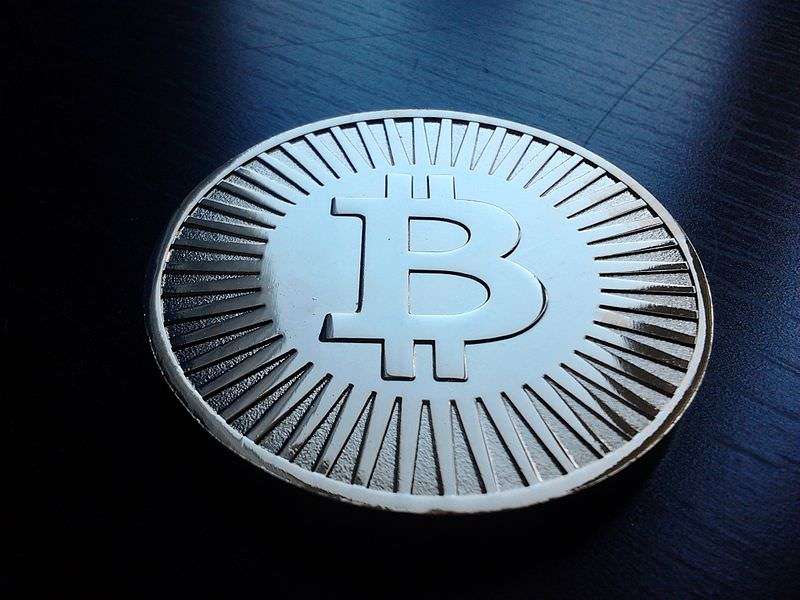First Bitcoin Meetup Held in Ecuador

A group of 30 locals, taking heed of global interest in Bitcoin, met in Ecuador's capital to discuss the future of digital currencies in the region.
Ecuador lags far behind the financial innovations of developed countries. According to Paul Buitink, one of the meeting's organizers, attendees envision a modernized financial system, spearheaded by Bitcoin, to replace common cash transactions in Ecuador.
Buitink thinks the unique Ecuadorian political-economic situation could pose a ripe opportunity for the crypto-currency. The U.S. dollar swooped in and replaced Ecuador's currency after a rapid depreciation of the country's previous currency in 1999. Buitink writes in Bitcoin Magazine:
As Ecuador doesn't print its own currency, less resistance should be expected from the central bank of Ecuador. The government is said to be working on its own currency, and should they consider to throw cryptocurrencies in the mix, it could set Ecuador apart from other countries.
But first, members seek to organize and expand the Ecuadorian Bitcoin community. From an expanded infrastructure, they hope to launch an evangelizing apparatus composed of lectures, conferences, and online learning tools. In the long run, they dream of an explosion of exchanges and merchants in the region.
This is similar to what advocates in other countries envision.
In first-hand video account of the first Botswana Bitcoin meeting, leader Alakanani Itireleng frames her community developing plan. She says she is sharing what she knows "so that it can help you. And after helping you you can help others, and those whom you have helped can also help others."
So Bitcoin is not just a Western phenomenon. It has massive global appeal. Meetings, and trade arenas known as "Satoshi Squares," have sprung up to feed a growing interest in the novel financial instrument. Mumbai, Jordan, and Botswana all launched their own Bitcoin meetups in the last couple of months. Some like the idea of a currency that slips through the hands of a tyrannical government, some (like the Ecuadorians) are attracted to the benefits of a modernized financial system, and others are interested in its potential to reduce transaction fees and facilitate micropayments.
Energetic advocates are a tiny minority in many of these countries, and the potential developments are obviously very unclear. But meetings offer a rallying point that grounds users, merchants who want to use Bitcoin, and software developers that want to venture into digital currencies. These timid, early meetings signal a growing curiosity that could, like Itireleng indicates, reach others and snowball into bigger things.


Show Comments (5)